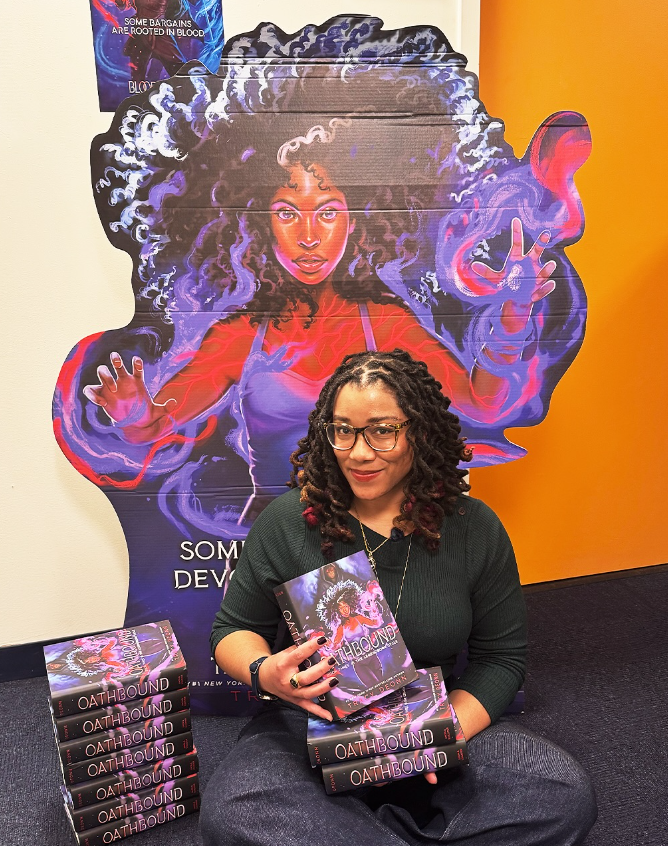A thousand different aromas waft through the kitchen.
The smell of garlic rolls under my nose, foreshadowing the roasted potatoes being pulled out of the oven. Vegetarian stews, casseroles, salads and more sit waiting to be devoured. The building will soon be filled with hungry diners, selecting dishes from the smorgasbord.
All fresh, all local, all free.
This is what I experience every Monday afternoon at the Interactive Resource Center in downtown Greensboro. Volunteers, including myself, get together to cook a community meal featuring donated food that would have otherwise been thrown away.
The initiative is Food Not Bombs. It began in 1981 when a group of nuclear war protesters in Massachusetts joined forces to feed fellow participants. Since then, it has stemmed into a grassroots organization focused on combating war and poverty.
“Food is a right, not a privilege,” said Carol Newsome, leader of Food Not Bombs Greensboro. “This is a peace and justice issue — no one should have to suffer from food insecurity when we as a society are wasting 40 percent of the food that we harvest/process.”
Donations are not just an expired yogurt here or a bruised banana there. They consist of loaves of artisan bread, full boxes of greens, cartons of milk (both dairy and nondairy) plus so much more. It is hard not to feel inspired upon witnessing the abundance — even if your culinary repertoire consists of boxed macaroni and cheese.
The food variety is almost as diverse as the group of people cooking it. Members range from activists and philanthropists to those looking to increase cooking skills or knowledge of healthy eating. Some come simply because they enjoy the spirit of the community.
For myself, I fall into some combination. In a place like Greensboro, where the thriving vegan scene is yet to be developed, it’s nice to find a place where I can cook and eat according to my dietary needs.
I am not shy about filling my plate, either. I always leave with a full stomach plus plenty of to-go containers. In keeping with the mission of the group, Newsome encourages diners to take second servings and leftovers.
Appetite aside, I contribute to Food Not Bombs to align my actions with my anti-consumerist values.
Mark Spitzer ’07 joined for similar reasons. A few years prior to Guilford, he had no political leaning whatsoever.
“When my politics started to change, I began looking for things to do,” said Spitzer.
It was a general interest in activism that first led sophomore Derek Dunham to Food Not Bombs.
“To me, access to food should transcend politics, skin color, orientation or religion,” said Dunham. “Food is a basic human need.”
One of the greatest benefits of Food Not Bombs is that it provides meals to those who cannot afford them. Although the group claims on their website to be based on “solidarity, not charity,” there is no denying the benefits that a costless community meal can bring.
According to the World Food Programme, 805 million people across the globe go hungry on a daily basis. A United Nations report in 2010 stated that the amount of food wasted is enough to feed every one of these starving people.
Just within North Carolina, 1 in 4 children are food insecure, according to N.C. Food Banks. It is likely that you know someone directly affected by this struggle.
If these staggering statistics mean anything to you, you may want to consider reaching out to Food Not Bombs Greensboro.
Food Not Bombs serves a meal every Monday from 4:30–5:30 p.m. Help is always needed with cooking, beginning at 1:00 p.m., and cleaning, beginning at 5:30 p.m.
“Please join us at our table,” said Newsome.




